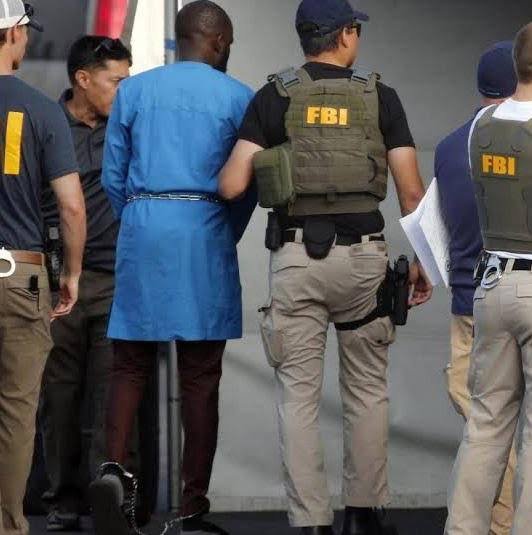(PII) acquired from criminal internet forums to apply for these benefits, falsely claiming to be eligible state residents affected by the COVID-19 pandemic.
They also allegedly used this PII to open U.S. bank and prepaid debit card accounts to receive the fraudulent payments.
Additionally, Olayeye and his co-conspirators are accused of recruiting U.S.-based account holders to receive and transfer the stolen funds through cash transfer apps.
Furthermore, the statement reveals that the fraud proceeds were allegedly used to purchase Bitcoin, and efforts were made to conceal their connection to Nigeria by using U.S.-based IP addresses.
“Olayeye and his co-conspirators then allegedly used the fraudulent proceeds to purchase Bitcoin via online marketplaces,” the statement continues. “They also allegedly concealed the conspiracy’s link to Nigeria by leasing Internet Protocol addresses assigned to computers located in the United States for use in the fraudulent transactions.”
If convicted, Olayeye faces up to 20 years in prison, three years of supervised release, a $250,000 fine or twice the gross gain or loss, forfeiture, and restitution.
The charge of aggravated identity theft carries a mandatory minimum sentence of two years in prison, to be added to any sentence imposed for the wire fraud charge.
The U.S. Attorney General established the COVID-19 Fraud Enforcement Task Force on May 17, 2021, to marshal the resources of the Department of Justice and partner agencies to combat and prevent pandemic-related fraud.



























